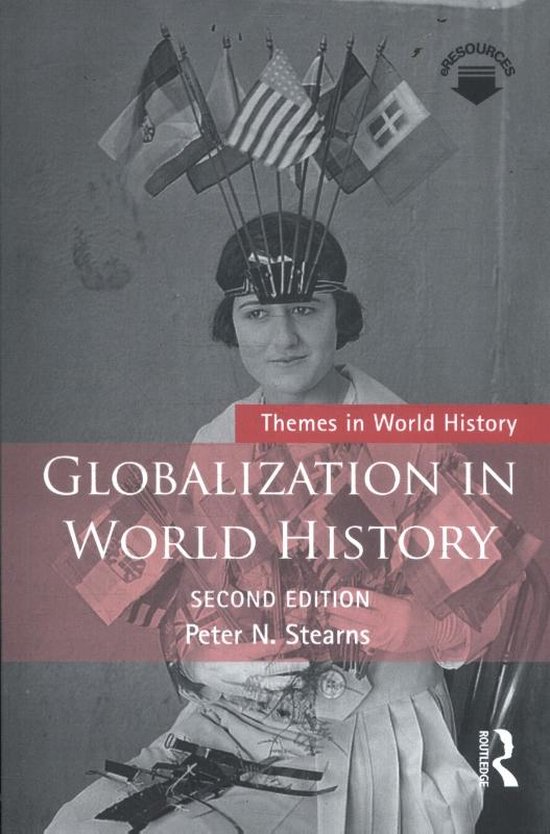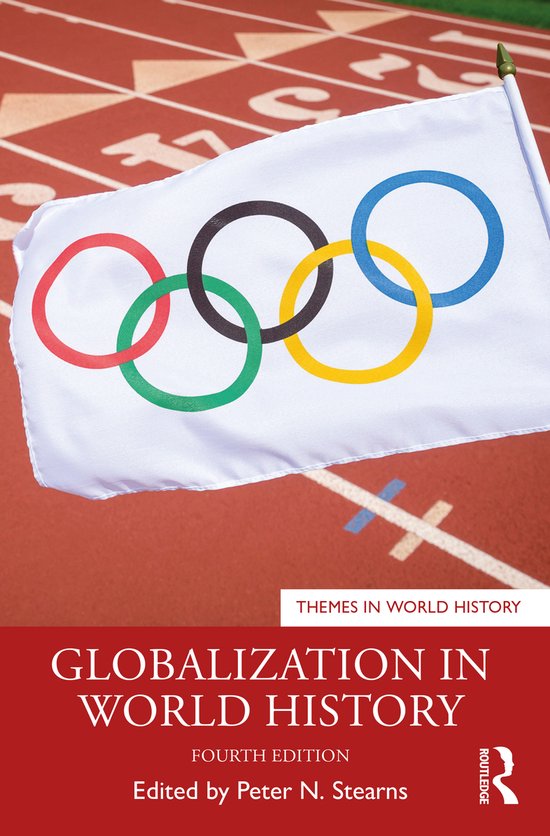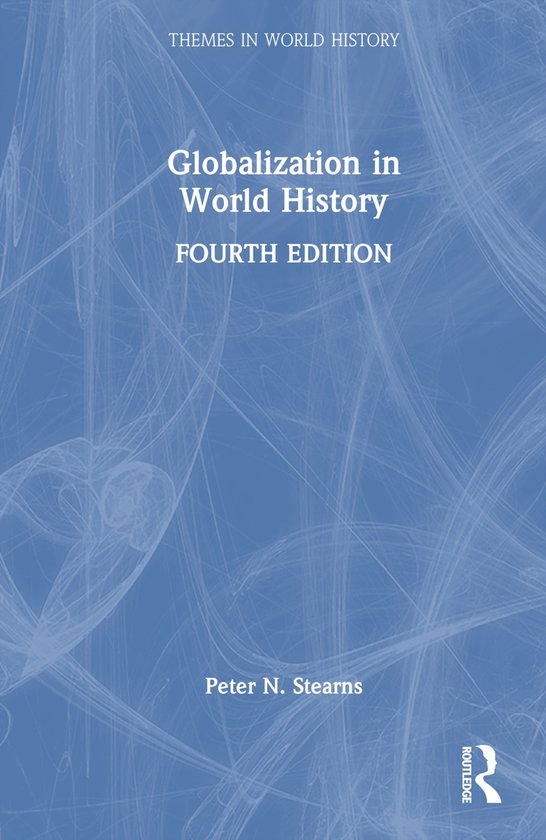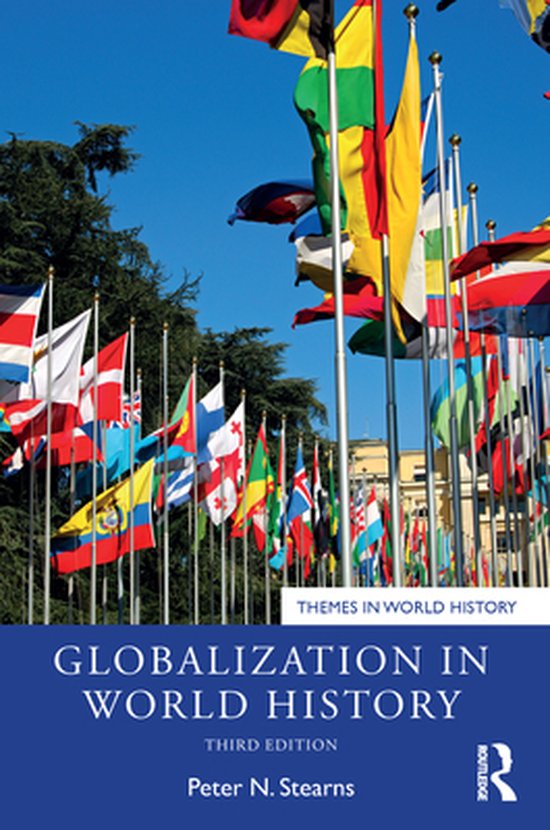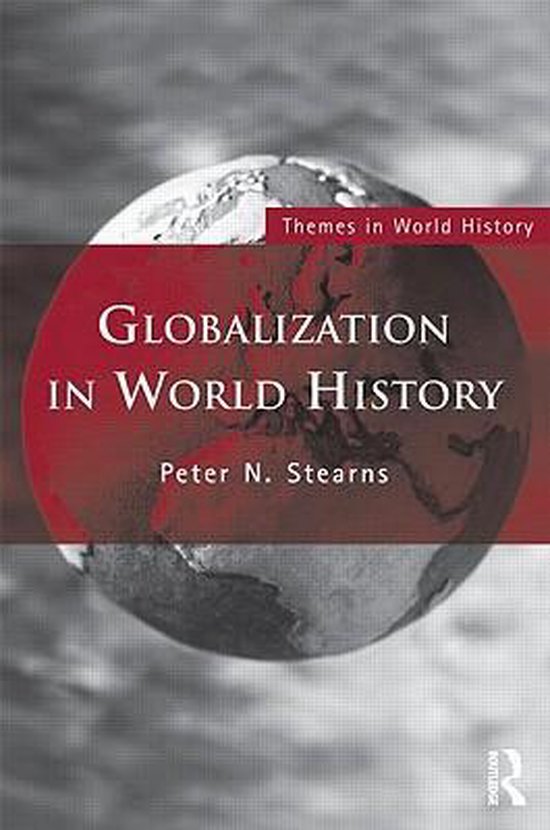
Globalization in World History
The idea of globalization is currently inescapable, though the term and the theory attached date back only to the 1990s. History helps clarify where globalization comes from, how it relates to broad processes of change, and why it rouses controversy. In Globalization in World History, Peter N. Stearns argues that although the term is a relatively new one, the process of globalization has roots much further back in time. He shows how tracing this process of change can also help to define the concept of globalization as we understand it today. The book examines major changes in global interactions from 1000 CE onward, and defines four major turning points that have accelerated the process of globalization. Issues covered include: * which factors have shaped the process of globalization - including economics, migration, disease transmission, culture, the environment and politics * how and why reactions to globalization differ across societies - regions examined include Japan, the Middle East, Africa and China * the advantages and disadvantages brought by globalization. The book is a vital contribution to the study of world history, and is a useful companion for students of politics and sociology.
| Auteur | | Peter N. Stearns |
| Taal | | Engels |
| Type | | Paperback |
| Categorie | | Mens & Maatschappij |
